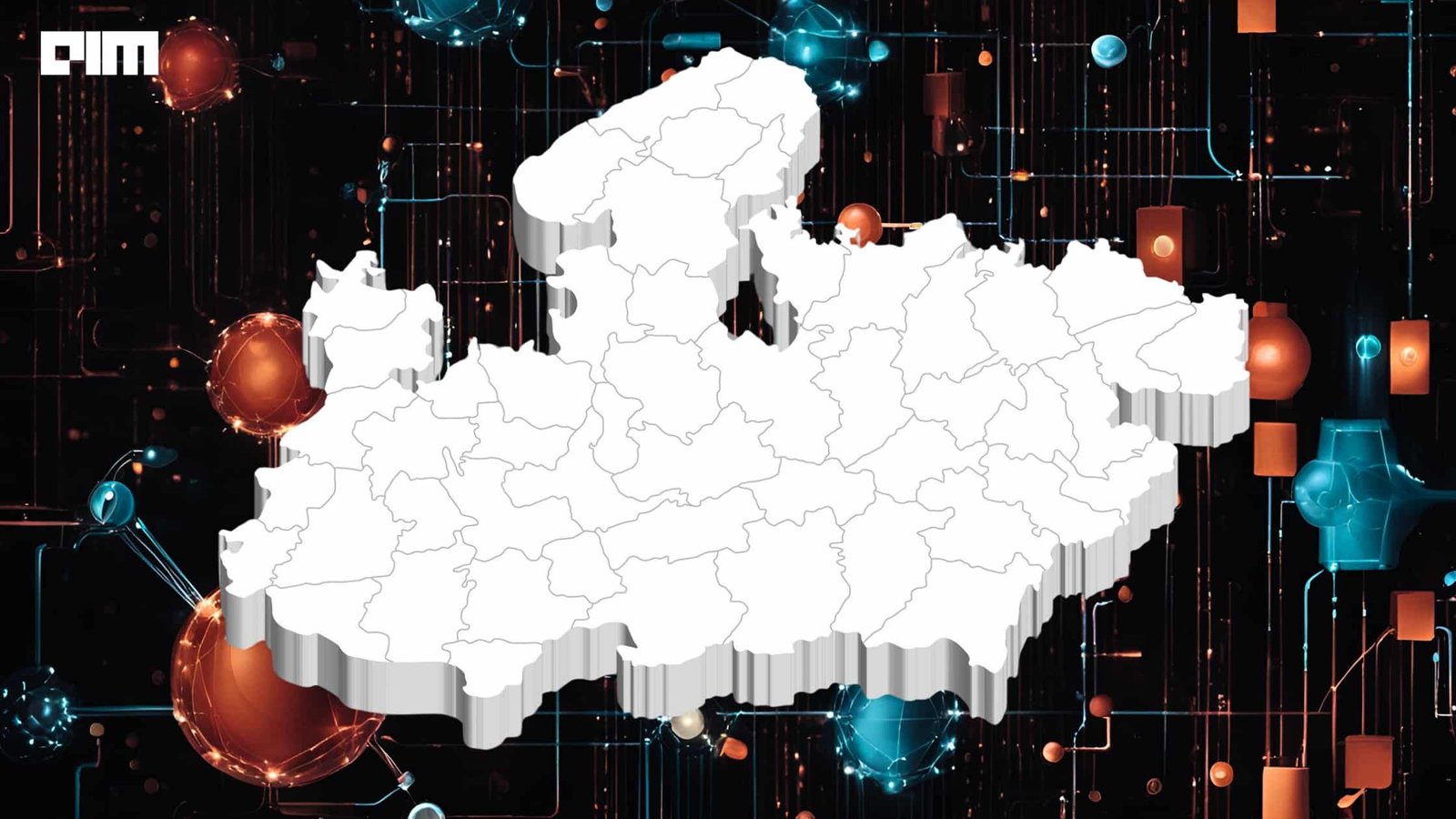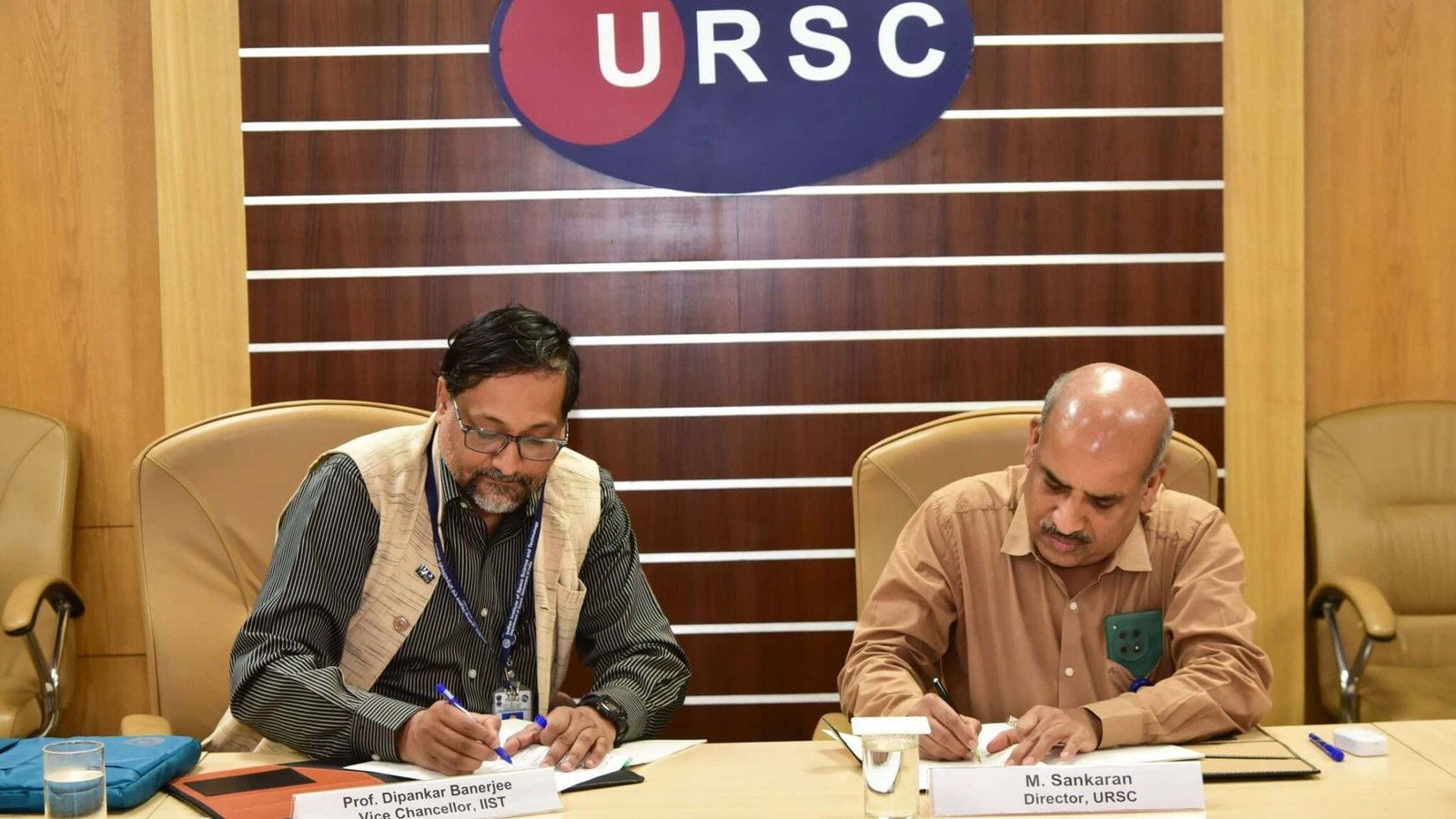Jobs & Careers
Madhya Pradesh Partners with Educational Institutions to Upskill Future Workforce

Madhya Pradesh has launched a collaboration with Rajiv Gandhi Proudyogiki Vishwavidyalaya (RGPV) and L&T EduTech to prepare engineering students for future jobs. The initiative, led by the Madhya Pradesh State Electronics Development Corporation (MPSEDC) under the science and technology department, will be funded by the state government.
The partnership will begin with two pilot courses—Python for Data Handling and Front-End UI/UX Development—for RGPV students from the fifth semester. About 100 students will join the first batch. The 75-hour modules include online content, expert-led sessions, project-based learning and virtual labs. Eligible students will receive e-certificates to improve employability.
“This collaboration is more than a programme, it is a model for how Madhya Pradesh is transforming its Tier-2 cities into centres of innovation and opportunity. Our students will not only find better jobs but will also have the skills to drive future industries,” Sanjay Dubey, IAS, additional chief secretary, science and technology department, said in a press release.
Rajeev Tripathi, vice-chancellor of RGPV, added that the focus is to bridge classroom learning with the practical requirements of industry. This initiative will help us nurture engineers who can adapt, innovate and lead in fast-changing technology landscapes.
“This partnership with the Madhya Pradesh government and RGPV demonstrates how industry-academia collaboration can create real impact for learners and employers alike,” Febin MF, head of L&T EduTech, said in the statement.
The programme is part of Madhya Pradesh’s broader strategy to align education with industry demand, as the state produces more than 50,000 engineering and technical graduates each year. According to the World Economic Forum, nearly 50% of India’s workforce will need reskilling by 2025, a challenge this initiative aims to address directly.
The government also plans to replicate this pilot in other universities across the state. The move aligns with the #Tier2MadhyaPradesh campaign, which highlights the rise of cities like Bhopal, Indore, Jabalpur and Gwalior as emerging hubs for technology and innovation.
The post Madhya Pradesh Partners with Educational Institutions to Upskill Future Workforce appeared first on Analytics India Magazine.
Jobs & Careers
Mira Murati’s Thinking Machines Cracks the Code on LLM Nondeterminism

Large language models (LLMs) often behave unpredictably during inference, producing different outputs even when given the same prompt.
Thinking Machines, an AI company founded by former OpenAI CTO Mira Murati, says it has identified the root cause of this nondeterminism and developed a solution that could make inference reproducible and reliable.
In a blog post titled “Defeating Nondeterminism in LLM Inference”, the company explained that the problem goes beyond the well-known issue of floating-point arithmetic and GPU concurrency.
While rounding errors from parallel computations do play a role, Thinking Machines argues that the real culprit is the lack of batch invariance in widely used inference kernels.
Batch invariance means that a model’s output for a given prompt should remain identical regardless of the batch size or how requests are grouped together. In current systems, many operations—such as matrix multiplications, attention mechanisms, and normalisation—change their internal computation strategies depending on batch size.
This variation in reduction order introduces tiny numerical differences, which can cascade into divergent outputs over long generations.
To address this, the team built batch-invariant kernels for key operations, including RMSNorm, matmul, and attention. Testing on the Qwen-3-8B model, they found that under default settings, 1,000 runs of the same prompt at temperature 0 produced 80 unique completions. With the modified kernels, all 1,000 completions were identical, demonstrating full reproducibility.
The trade-off, however, is speed. The batch-invariant setup ran slower than default inference, though optimisations to the attention kernel helped reduce the gap. Still, Thinking Machines argues that the performance cost is a fair price for the gains in determinism, especially for use cases in research, safety, and debugging.
“Reproducibility is a bedrock of scientific progress. However, it’s remarkably difficult to get reproducible results out of large language models.” the blog noted, adding that eliminating nondeterminism could also reduce discrepancies between training and inference phases of LLM deployment.
By reframing nondeterminism as a batch invariance problem, the company hopes to influence the design of future inference engines, where determinism may become as critical as raw speed.
The post Mira Murati’s Thinking Machines Cracks the Code on LLM Nondeterminism appeared first on Analytics India Magazine.
Jobs & Careers
TCS Launches Chiplet-Based Engineering Services to Boost Semiconductor Innovation

Tata Consultancy Services (TCS) has launched its chiplet-based system engineering services to help semiconductor companies design next-generation chips. TCS aims to enable faster, more efficient and powerful processors at a time when demand for advanced semiconductors is rising.
The company said that the new services are designed to support chipmakers as the industry shifts from traditional chip design to chiplet-based systems.
“TCS Chiplet-based System Engineering services will help semiconductor enterprises accelerate chiplets tapeout, driving flexibility, scalability and faster time to market,” said V Rajanna, president for technology, software and services at TCS.
Why Chiplet-Based Design Matters
The semiconductor industry faces bottlenecks in scaling and making chiplet-based design a preferred approach. Smaller chips can be mixed and matched to meet varied needs, enabling faster product launches and cost reduction.
With demand driven by AI, cloud computing, smartphones, electric vehicles and connected devices, this shift comes at a critical time.
India’s semiconductor market, valued at $45–50 billion in 2024–2025, is projected to grow to $100–110 billion by 2030. Backed by the India Semiconductor Mission, the country is aiming to become a global hub for chip design and manufacturing.
TCS’s new services are expected to strengthen this momentum by giving companies access to chip-to-system engineering expertise.
TCS in the Semiconductor Industry
TCS has over 20 years of experience in the semiconductor sector and offers a portfolio of chip-to-system engineering services. Its offerings include design and verification of UCIe and HBM standards, as well as advanced package design such as 2.5D and 3D interposers. The company has also worked with a North American semiconductor firm to integrate chiplets into AI processors, reducing delivery timelines.
In February this year, the Indian IT giant also announced a collaboration with Salesforce to enhance the use of AI in the manufacturing and semiconductor sectors. As part of this partnership, TCS launched three key initiatives to improve sales and service efficiency. The Semiconductor Sales Accelerator was expected to help businesses increase sales by providing data-driven insights.
The post TCS Launches Chiplet-Based Engineering Services to Boost Semiconductor Innovation appeared first on Analytics India Magazine.
Jobs & Careers
IIST, URSC Sign MoU to Develop Venus Mission Payload

The Indian Institute of Space Science and Technology (IIST) has signed a memorandum of understanding (MoU) with the UR Rao Satellite Centre (URSC) for the development of the Retarding Potential Analyzer for Venus (RPA-V) payload.
The project aims to study the ionosphere of Venus. According to IIST’s LinkedIn post, the project is expected to provide key insights into the dynamics of the Venusian ionosphere and its interaction with solar wind.
The RPA-V payload will be developed under the leadership of professor Umesh R Kadhane, with support from faculty members Anoop CS, Immanuel Raja, Sooraj VS, R Sudharshan Kaarthik, Pradeep Kumar P and Rajeevan PP.
Building on Past Missions
IIST has been given this responsibility due to its earlier success with ARIS-1 and ARIS-2 missions. These projects demonstrated the institute’s capability in building space-qualified hardware. The new payload continues this track record and will expand India’s planetary exploration programme.
“The RPA-V payload is set to deepen our understanding of Venus’s atmosphere,” IIST stated in the post.
The project also holds academic value, with IIST students set to contribute to its development. Their participation will provide hands-on training in space plasma research. IIST noted that this experience would help prepare a talented workforce for India’s upcoming indigenous space programmes.
“This collaboration will strengthen IIST’s position as a world-class research hub for developing ionospheric measurement devices, while simultaneously shaping the skilled workforce needed for India’s future space science endeavours,” the institute added.
The post IIST, URSC Sign MoU to Develop Venus Mission Payload appeared first on Analytics India Magazine.
-

 Business2 weeks ago
Business2 weeks agoThe Guardian view on Trump and the Fed: independence is no substitute for accountability | Editorial
-
Tools & Platforms1 month ago
Building Trust in Military AI Starts with Opening the Black Box – War on the Rocks
-

 Ethics & Policy2 months ago
Ethics & Policy2 months agoSDAIA Supports Saudi Arabia’s Leadership in Shaping Global AI Ethics, Policy, and Research – وكالة الأنباء السعودية
-

 Events & Conferences4 months ago
Events & Conferences4 months agoJourney to 1000 models: Scaling Instagram’s recommendation system
-

 Jobs & Careers2 months ago
Jobs & Careers2 months agoMumbai-based Perplexity Alternative Has 60k+ Users Without Funding
-

 Podcasts & Talks2 months ago
Podcasts & Talks2 months agoHappy 4th of July! 🎆 Made with Veo 3 in Gemini
-

 Education2 months ago
Education2 months agoMacron says UK and France have duty to tackle illegal migration ‘with humanity, solidarity and firmness’ – UK politics live | Politics
-

 Education2 months ago
Education2 months agoVEX Robotics launches AI-powered classroom robotics system
-

 Funding & Business2 months ago
Funding & Business2 months agoKayak and Expedia race to build AI travel agents that turn social posts into itineraries
-

 Podcasts & Talks2 months ago
Podcasts & Talks2 months agoOpenAI 🤝 @teamganassi





















